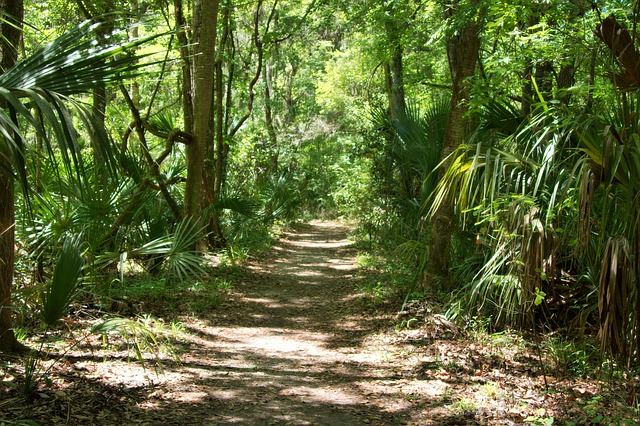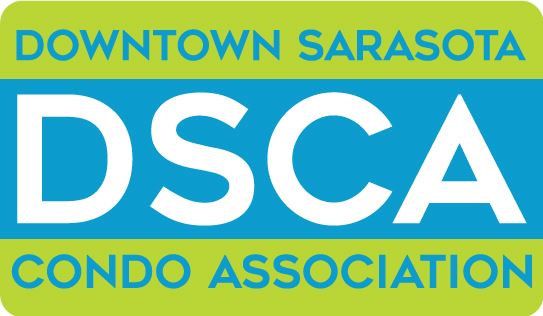Everyone enjoys the cool shade tree of big trees on hot Florida days, but did you know trees significantly benefit our watershed by reducing stormwater runoff and flooding?
Stormwater runoff is rain that does not soak into the ground or get absorbed by trees and plants. Instead, the rain falls on hard surfaces like buildings, parking lots and paved streets or flows off lawns into streets. As it flows over these surfaces, it picks up pollutants, including lawn fertilizer, pet waste and oil residue from cars, before it empties untreated into our neighborhood creeks, canals and coastal waters. The result is poor water quality and increased flooding and erosion. Polluted stormwater eventually reaches the bay where it negatively affects the health of fish and wildlife and encourages algae blooms.
Trees are on the front lines of preventing the negative effects of stormwater runoff. A tree’s branches and leaves form a canopy which catches rain. Some of the rain evaporates off, some soaks into the tree and some flows down the trunk and into the ground.
Research at New College of Florida shows that oaks, pines and even palms, capture a considerable volume of rainfall. Trees can catch all of the rain from a light storm, most of the rain in a moderate storm, and some of the rain in a heavy storm. Rain captured in tree canopies reduces stormwater runoff and thus water pollution.
Tree canopies are especially important in urban areas. In natural forests, the dense canopy of trees captures at least 75% of all rainfall, but in most urban settings with widely scattered trees, less than 40% of rainfall is captured by trees. By protecting existing trees and planting more, we can enjoy the shade and protect water quality in our waterways and bays.
To learn more about watershed connections and the natural environment of Sarasota, visit the Watershed Audio Tour to listen to short messages on a variety of topics. Visit: www.watershedtour.org
This content is licensed under Creative Commons for non-commercial use and is provided at no charge for distribution through newsletters, blogs and websites. You are hereby granted permission to adapt, share and redistribute the material in any medium or format, provided you credit the Science and Environment Council of Southwest Florida and indicate if changes were made from the original.

December 13th, 2018
